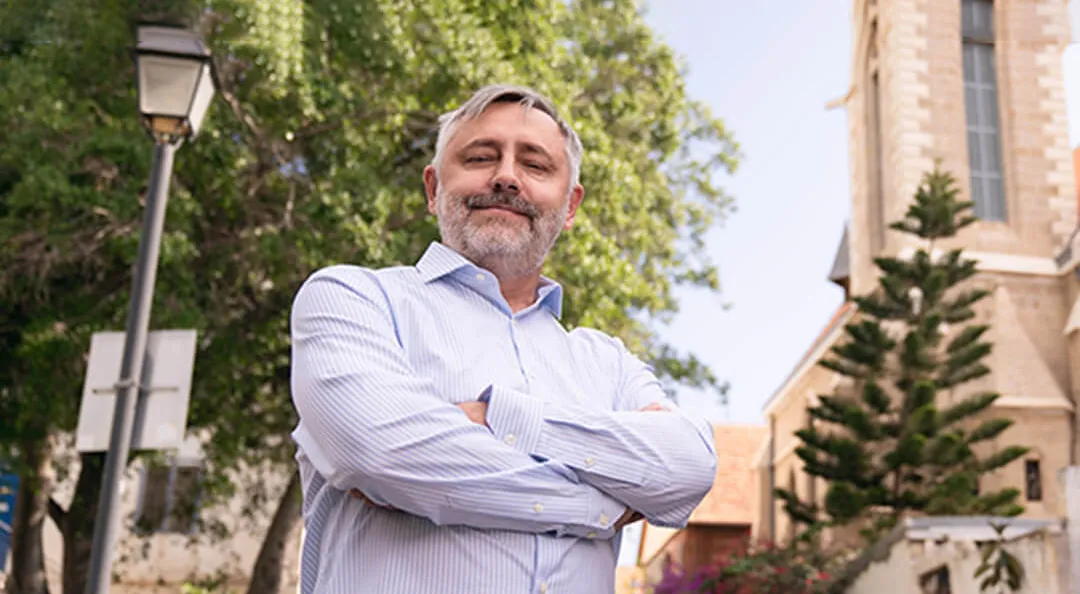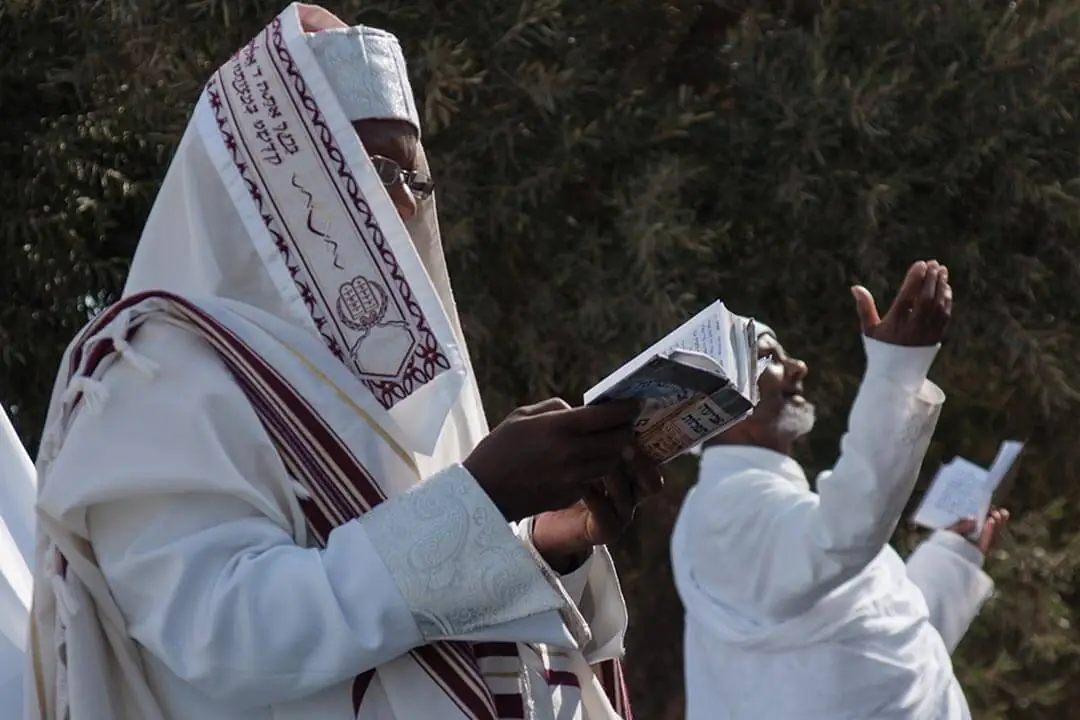“H” is a pastor of one of the most vulnerable sects of Israeli society. Of all the Jews who have immigrated from nations across the world, Ethiopians have had the most difficult time adapting to modern Israeli culture. This disconnect wasn’t intentional. Israel wanted Ethiopian Jews to come. However, transitioning thousands of people from a third-world country to modern culture overnight is no easy task. And really, there’s no handbook on how to do this correctly since no other nation on earth holds to such a vast vision of restoring members of its people group exiled thousands of years before.
“Our congregation is working hard to restore families. Most have abuse problems and come from shelters. We are helping them to stand on their feet with the message of the Gospel. I appreciate your support to buy this van. May the Lord bless you as you have blessed us in this practical way.”
The only group within Israel that opposed Ethiopian immigration were ultra-orthodox Jews – simply because a large number of the Ethiopians had been exposed to the Gospel prior to arriving in Israel. But the law of the Land stood behind the Jewishness of these Ethiopians. And, unlike most immigrants who have to find a way to Israel on their own, Israel put enormous efforts into getting planes to Africa. They even ran a diving resort in Sudan as a front for undercover Israeli agents who smuggled Ethiopian Jews to Israel by boat.
Still Ethiopian immigrants struggle with their identity. Long-standing social structures, traditions and cultural closeness dissolved as people were allocated to different housing options across the country. A small but significant enough number of Israelis refused to hire or rent their apartments to these new immigrants, afraid they did not understand the basics of modern society.
The good news is, today, decades after their arrival, Israeli-Ethiopians have integrated into almost every part of society – from lawyers to teachers to Knesset Members to doctors to beauty queens – Ethiopians have enriched Israeli society. The bad news is, an unnecessarily large number of them still struggle financially, socially and especially domestically.
Strangely, in a culture like Israel’s where men are very involved with their families, many Ethiopian children grow up without fathers. This affects a generation still trying to define its place. And this is why Pastor H’s role is so important. Seventy percent of his congregants are single mothers. No government can solve the issues of the heart, but God can, and so Pastor H looks to Him to heal, restore and empower his congregants so they will thrive in the land God promised them.
The weekend services are a time where Pastor H can speak life into their hearts and encourage them. And still one of the greatest challenges he has is getting his congregants to come to the Shabbat services. No, not because they won’t get out of bed, but because on Shabbat there is no public transportation and so no affordable way to get there. Sometimes it’s the practical roadblocks that get in the way of spiritual breakthroughs. This is why we are told to “Prepare the way” and “make a smooth path.”

Enjoying the ride to Shabbat service in the new van.
With ISWI’s help Pastor H was able to purchase a van in order to pick up anyone who wants to come. They now go house to house and even to shelters making several trips to pick up the ones who understand God is the only way they will experience not only eternal life – but God’s amazing plan for their life here as well.

Lone Soldier Project
As a parent, one of the scariest parts of raising believing children in Israel is knowing you...
Sarah
An occupational therapist is someone who comes up with creative ways to help people who have various...
Julia
Julia made Aliyah with her husband, David, five years ago. The first years, as is customary, were...
VSEVOLOD
Our kids were small when we immigrated to Israel, so as a family we quickly embraced all...


